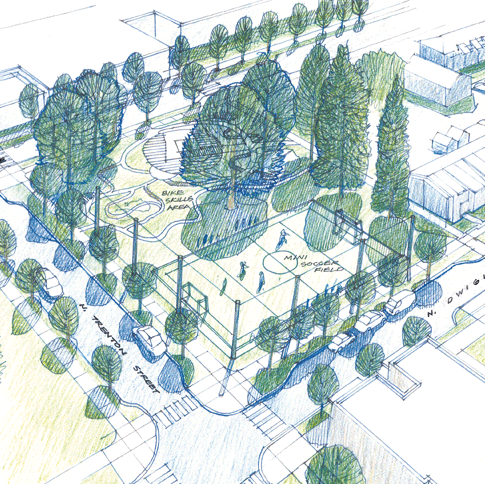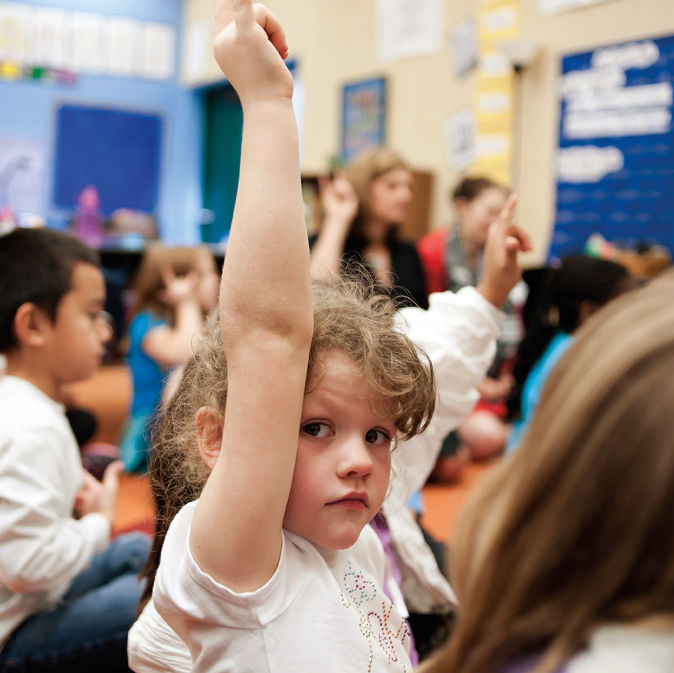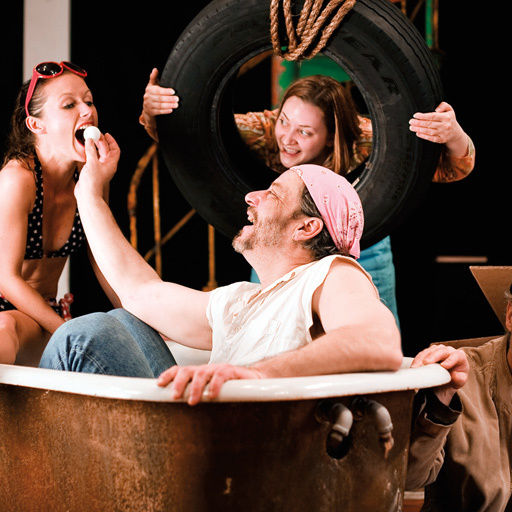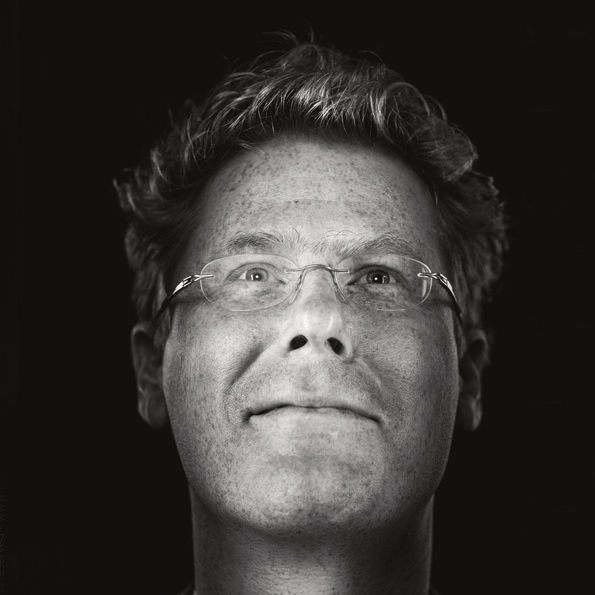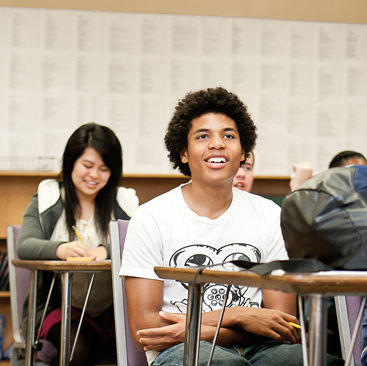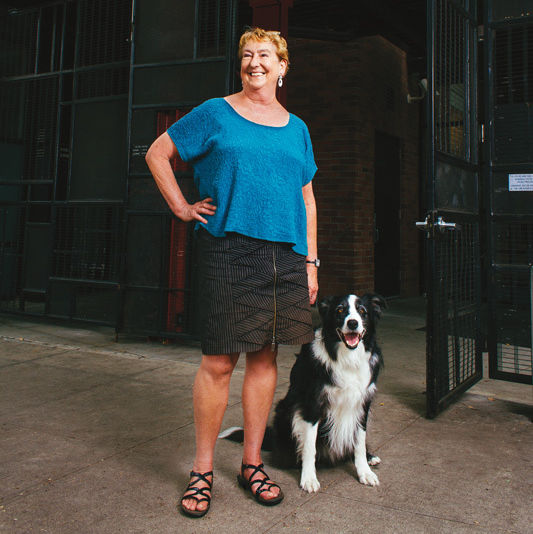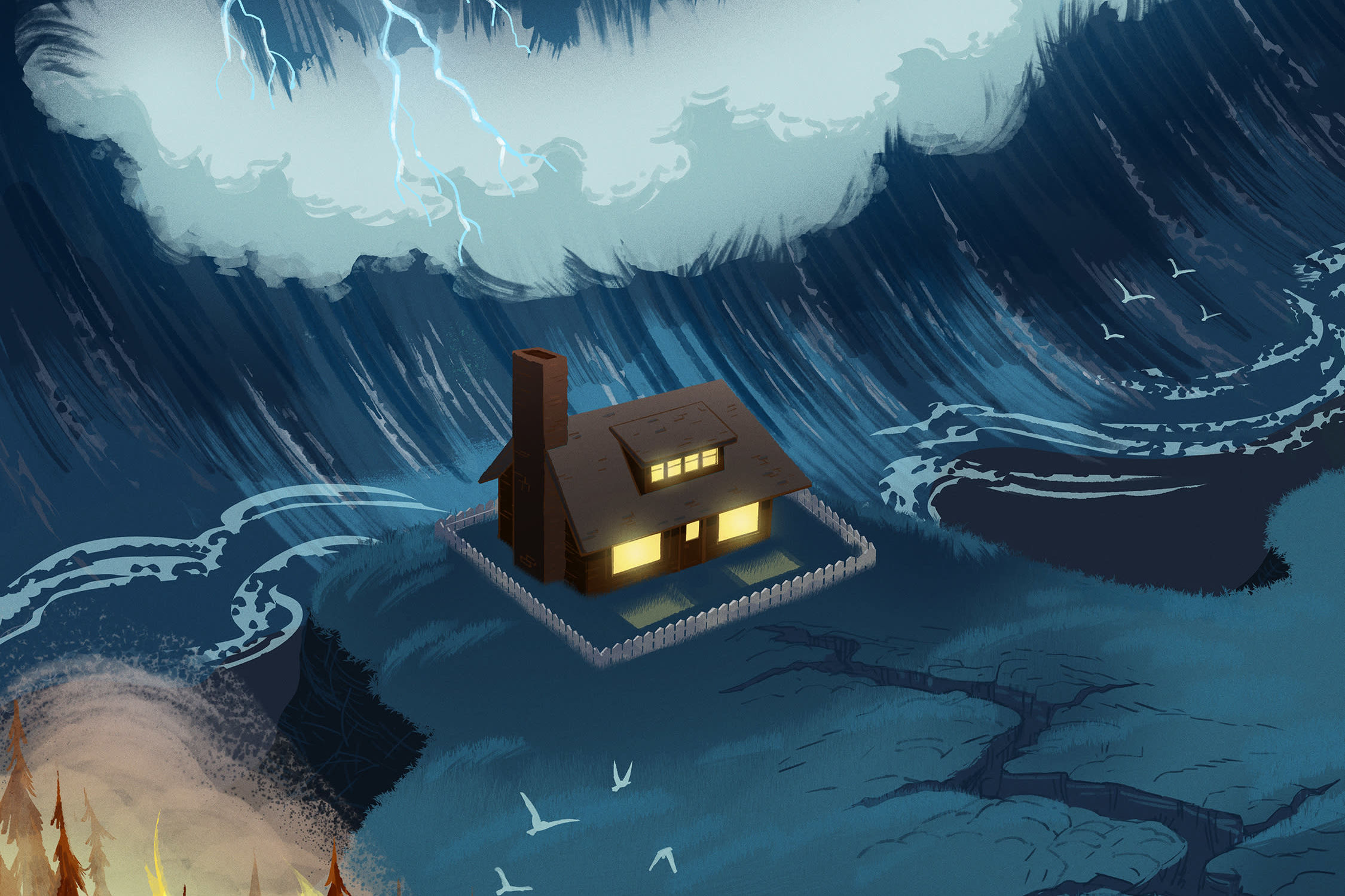Extraordinary Board Member: Diane O'Connor
Get your tickets to Portland Monthly's 11th annual Light a Fire Awards to join the celebration of the incredible nonprofit community at the Portland Art Museum on October 20.
At 57, after 32 years as a high school teacher and counselor, Diane O’Connor was training for Cycle Oregon and looking forward to retirement. Things didn’t go quite as planned: in 2001, doctors diagnosed her with Stage 3c ovarian cancer, with a 35 percent chance of surviving. Thirteen years later, the tireless 70-year-old has beaten the odds—and gotten back on her bike. She’s also helped others tackle the often deadly disease by launching the Ovarian Cancer Alliance of Oregon & SW Washington. “She just gets people,” marvels cofounder Diane Elizondo. “This is a full-time job, plus. She’s devoted her life to helping other women.” O’Connor also serves as the president of the national OCA, splitting her time between boosting newly diagnosed women’s spirits, schooling med students, and flying across the country on her own dime to lobby for funds and better treatment options. “I didn’t need ovarian cancer to find my meaning in life,” she says. “But you take what you get and you go with it.”
I went from biking Cycle Oregon to thinking my life was over. I felt so alone. I had a complete hysterectomy, and had some lymph nodes and several tumors in my abdomen removed—and then chemo for 15 months. It was brutal. But while I was in treatment, a friend convinced me to drag myself to an Ovarian Cancer Alliance conference in DC. It was an epiphany. At that point, I still considered myself a patient, but there I met women who had made the move from patient to survivor to advocate.
MOST OF US don’t know anybody who has had ovarian cancer ... and lived. About 65 percent of us are not diagnosed until Stage 3 or 4 because it’s so hard to detect. What could really help ovarian cancer patients is screening tools—you can’t biopsy an ovary. Every year, OCA lobbies for greater federal investment in research to find an early detection test. In 2014, we helped secure $166 million for ovarian cancer research and education efforts.
WE SHARE OUR ovarian cancer stories with med students on their ob-gyn rotation. We do about 22 sessions a year, and I’m at every one. I just love it. The students ask such smart questions. It’s especially effective when I have younger survivors speaking. I always joke, “I’m just Grandma Diane, but when you have an ovarian cancer survivor who is just finishing college, that’s a wake-up call.”
THE MOST REWARDING thing is meeting a woman who’s just been diagnosed and bringing her into the fold, connecting her with a peer volunteer … then watching her complete treatment, get her hope back, and then say, “I want to be a peer volunteer for someone else—what can I do?”
Inspired by our amazing Light a Fire winners? Find out how to give back to
Portland's best nonprofits with our Guide to Giving!
